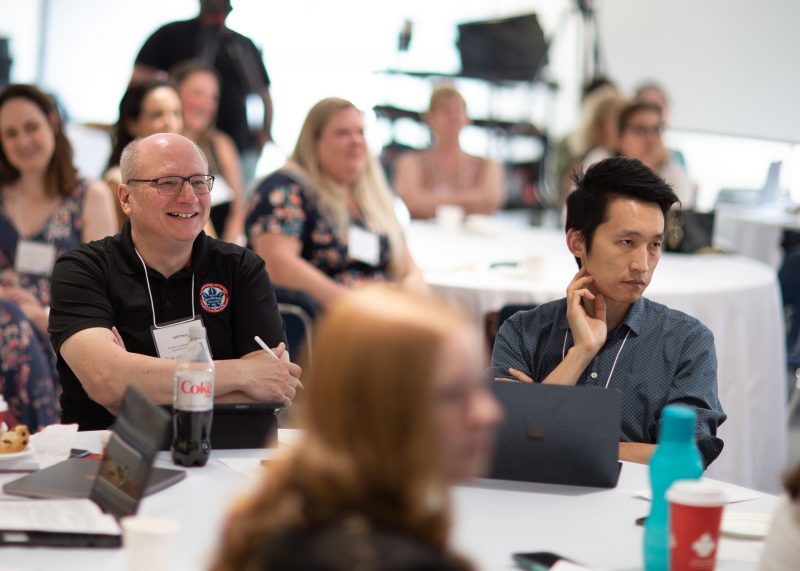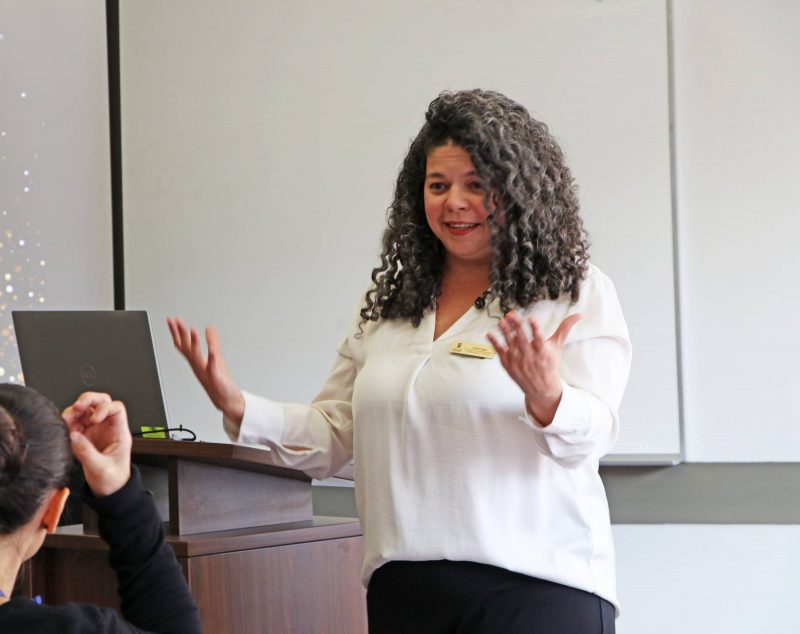The Centre for the Advancement of Teaching and Learning values
Collaboration, excellence, integrity, innovation, reciprocity, respect, transformative, resurgence, truth, wholism
These ten values invite conversations about how we do our shared work, both internally and with the campus community. The values represent our collective commitment to learning from, with, and about each other, a process that involves creativity, tensions, and opportunities.
The values also represent commitment to individual growth through reflection and practice; put another way, a commitment to honouring mind, body, and spirit. Taken together, the values provide a common language for our work at The Centre, and the ongoing journey towards collective well-being, reconcili-action, and justice in education.











